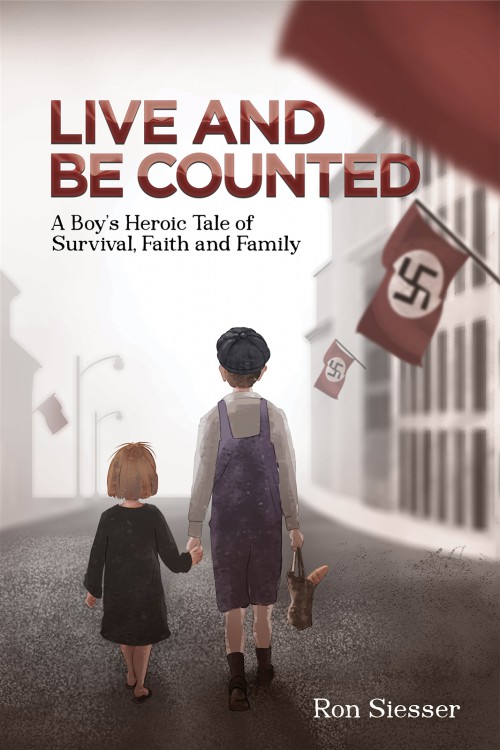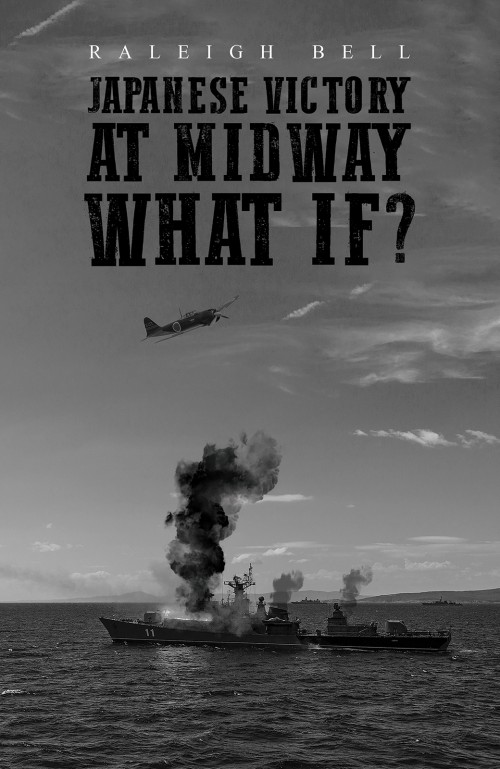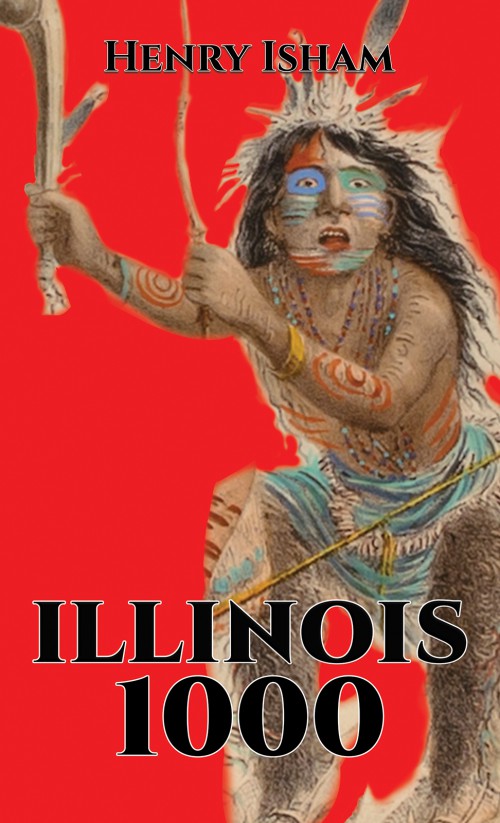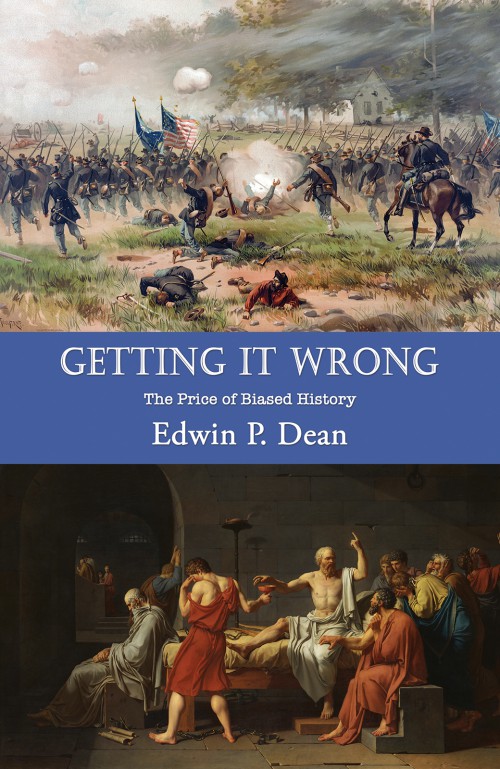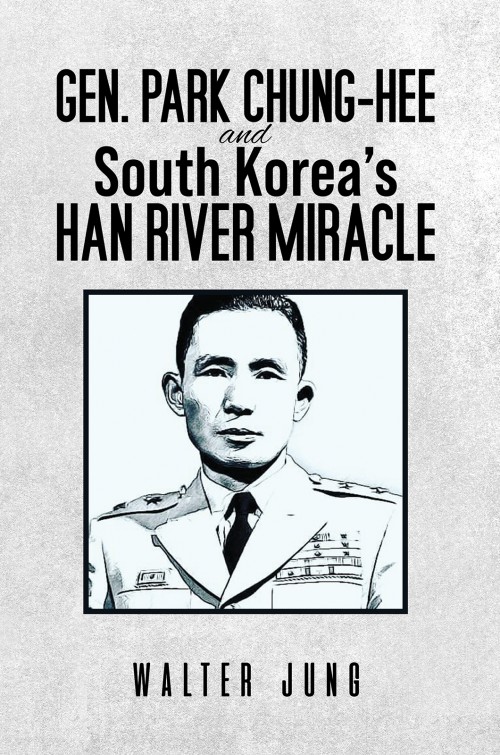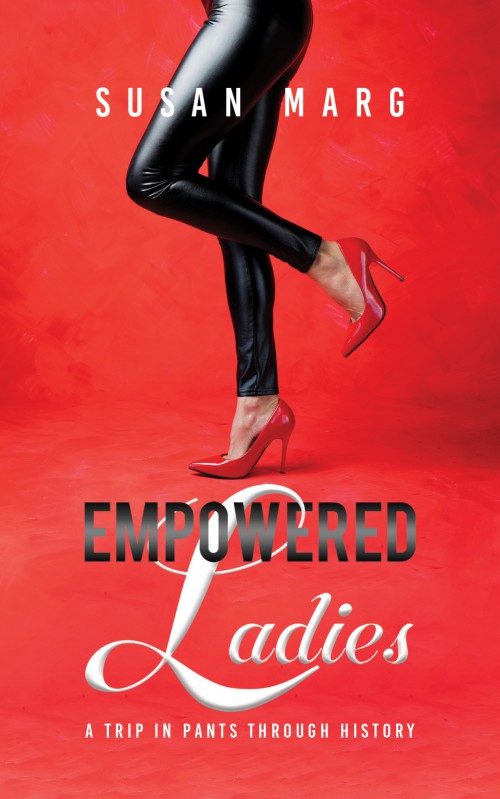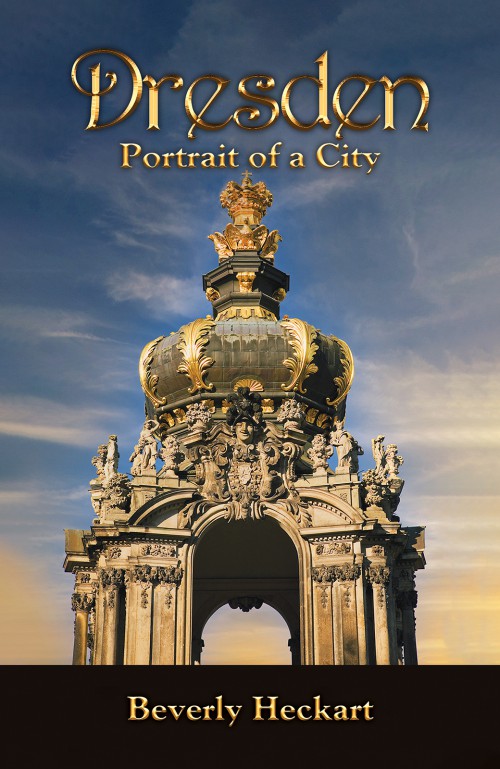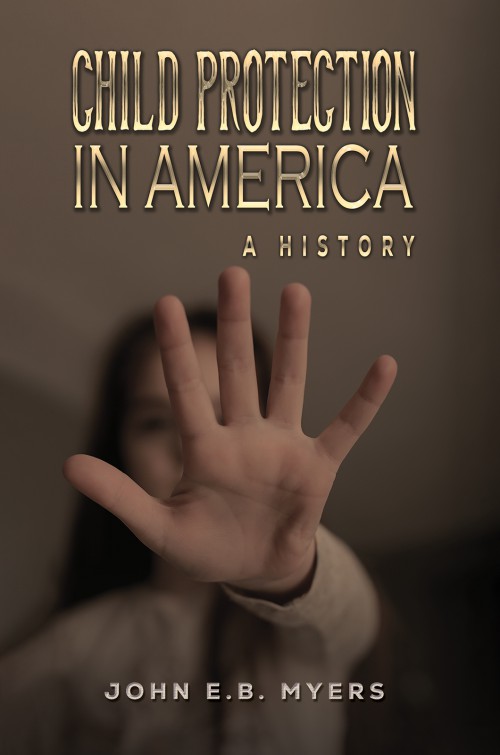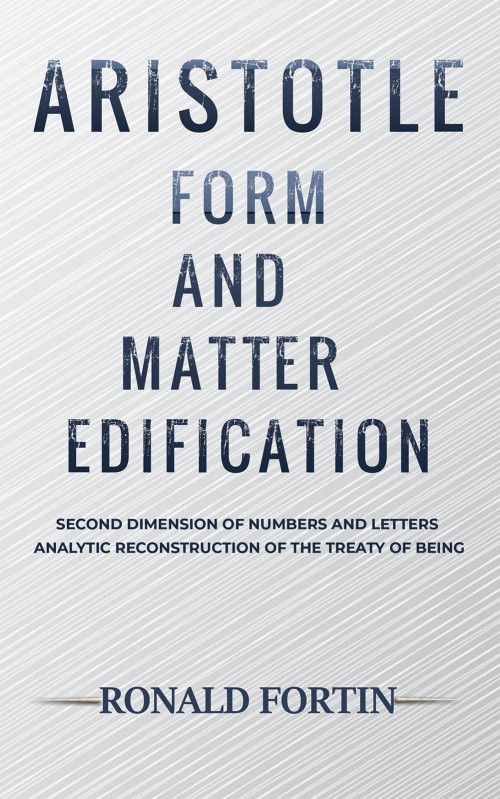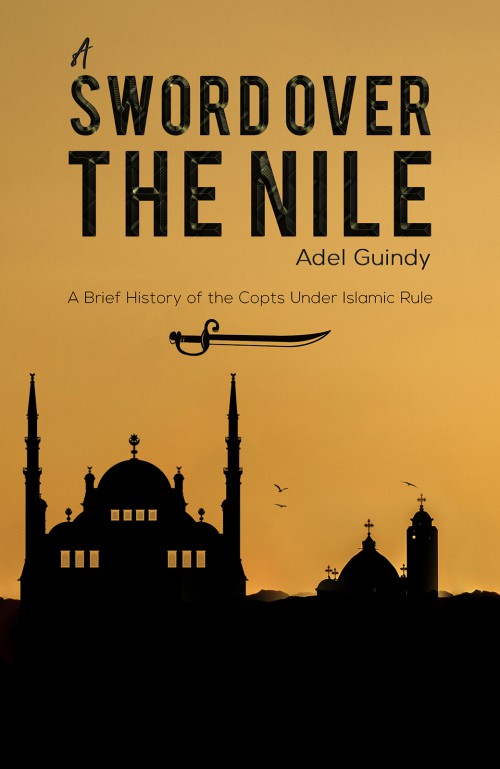-
Never Take No for an Answer
Embarking on a new business venture can be a daunting and unpredictable journey, much like rolling the dice in a game of chance. In 1967, two bold young men, Les Marino and Kenny Anderson, fearlessly stepped into the world of Heavy Construction, boldly declaring that they would one day become the largest contracting firm in the world. Oblivious to the challenges that lay ahead, they hung their shingle on the door of a modest one-room office in Cambridge, Massachusetts, unaware that their audacious prediction might actually come true in the not-too-distant future. The path to success was far from a smooth highway; instead, it resembled a treacherous, winding trail through a dark and perilous jungle. Armed with perseverance, dedication, hard work, and humility, Les and Kenny navigated the obstacles, eventually finding their way to the proverbial yellow brick road and the success they had envisioned.
This book takes you on a captivating journey, detailing the trials, tribulations, and triumphs that shaped their remarkable story. Join them on this thrilling ride, but be sure to fasten your seatbelt securely, as the road ahead is filled with unexpected twists and turns that will keep you on the edge of your seat. Discover how two determined individuals transformed their dream into reality, and learn valuable lessons that can be applied to your own entrepreneurial endeavors.
$3.50 -
Live and Be Counted
In a poignant and hopeful memoir, Alfons Sperber’s courage, strength and unwavering faith shine through as a testament to the resilience of the human spirit during one of the darkest periods in history. Alfons has rarely spoken about his harrowing experiences during World War II – until now.
When the author’s 11-year old son, Eli, is assigned an immigration project for school, his Papa reaches deep into his past to unearth long-buried memories. Alfons begins to share his personal story with his great-grandson recounting how he came to America in 1948 – a journey that started at a parade in Vienna, Austria in 1938 when he too was just 11 years old.
As they talk regularly over Zoom, Alfons’ memories resurface with increasing clarity, and the depth of his story grows with each conversation as he describes his narrow escapes from the clutches of the Nazis through Vienna, France and Switzerland. In opening up about his past, Papa expresses fear that soon there will be no survivors left to share their experiences, and that the horrors of the Holocaust and stolen childhoods may be reduced to a mere footnote in history. Live and Be Counted stands as a testament to the power of strength and courage, faith and optimism, and above all, the love of family.
$3.50 -
Japanese Victory at Midway What If?
The Battle of Midway in June 1942 was the turning point of the war in the Pacific. Most Americans had no idea how close the Japanese came to a victory which could have changed the outcome of the Second World War. This book provides an account of the plans the Japanese had for Hawaii, the West Coast and even the Panama Canal. It examines and weighs up the tough decisions President Roosevelt had to make to protect the Americans living on the West Coast of the United States, and even the landing of June 6, 1944. Any delay of the invasion of France may have given the Germans the time necessary to make progress in the development of weapons of mass destruction.
$3.50 -
Illinois 1000
Illinois 1000 is a quick dive into the lives of the English and the Indians of the Upper Midwest a thousand years ago.
Building on The Year 1000 by British historians Robert Lacey and Danny Danzinger, the author moves from one side of the Atlantic to the other. The contrasts are as much from the past to the present as between the two very different cultures. ‘Primitive’ is often used to describe the Indians’ way of life, and not without at least some reason. So much of what characterized and made English life possible was entirely absent in North America.
Yet, centuries later, hundreds, even thousands of Europeans joined the Indians, preferring their way of living to that which they had known in Europe or colonial America. The Indians, the first people, survived and prospered in what was at that time not amber fields of grain but a very ungenerous landscape. If they were brutal, they were hardly unique. In their affinity to the earth they lived on, there were few like them.
$3.50 -
Getting It Wrong
In Getting It Wrong, Edwin Dean embarks on a compelling exploration into the fading realms of an elite class and its tightly held worldview, juxtaposing it against his own grounded perspective of the world we inhabit. This thought-provoking journey forms the crux of the narrative, unearthing the nuanced layers of understanding that often elude the grasp of conventional thought.Dean’s incisive dissection shines a light on the perilous journey historians embark on in their earnest quest to unravel the intricacies of human narrative. With a candid acknowledgment of the elusive nature of clear answers, Dean lauds the humble scholars who embrace the ambiguity inherent in the pages of history, urging the fraternity to delve into the less apparent yet profound dimensions to better comprehend our existence.While not a historian, Dean’s unquenchable thirst for books has led him through a myriad of intellectual realms, enriched by the inspiring mentors who fueled his enduring quest for knowledge. His insightful critique extends to the polar ends of political ideology, advocating for a more collaborative discourse and a keen ear for the diverse voices that echo through the corridors of debate.At the heart of Getting It Wrong lies a fervent call for a reinvigorated approach to education, recognizing it as the linchpin in our collective journey towards enlightenment. Dean’s narrative invites a discourse enriched by diverse perspectives, welcoming the echoes of disagreement, provided they resonate through calm and constructive channels. Through the lens of candid reflection and earnest discourse, Getting It Wrong challenges us to re-examine the frameworks through which we perceive our shared history and our place within it.
$3.50 -
Gen. Park Chung-Hee and South Korea's Han River Miracle
Gen. Park Chung-Hee was born to a poor family in rural Korea when Japan ruled the nation as a colony. After teaching at a rural elementary school for three years, he studied at three different military academies to become an army officer in the liberated Korea. Although he encountered a career-threatening crisis right before the outbreak of the Korean War, he returned to the service and served many key staff positions during the war and important command positions after the war with devoted professionalism. When the nation drifted rudderless in the 1960s, he led the military revolution as the last resort. Hence forth he headed the government that was steadfastly focused on rebuilding the nation. His administration laid the extensive, future-oriented foundation for the nation’s industrial development and advanced defense capability. Gen. Park lived his life aligned with, to the letter, his personal motto: ‘My Whole Life to Fatherland.’
$3.50 -
Empowered Ladies
Empowerment doesn’t always follow a fairy-tale script. Neither its beginnings nor its journeys are always paved with acceptance. Women who dared to don trousers lived with the tremor of discovery, particularly those who veiled themselves as men to enlist in early wars, when only men were permitted to serve. Their fear was not just the battle cries, but the disgrace of being unmasked and sent home.
The world paused in disbelief when, upon the death of jazz musician Billy Tipton, it was revealed that he was a she. Similarly, when Dr. James Barry, who ascended to the zenith of medical ranks in the British Army, was uncovered as a woman posthumously, the army swathed the truth in secrecy.
Not all were ‘ladies’ in the conventional sense, but they were undeniably women - women who defied the societal mold. They sometimes cloaked themselves in trousers or other male disguises, challenging the expectations of their eras.
Their ranks encompassed saints and sinners, queens, countesses, and commoners. While names like Joan of Arc and Calamity Jane might ring familiar, their tales, along with those of others, are captivating in Empowered Ladies. This book unearths the narratives of these audacious women, weaving a tapestry of resilience and defiance that continues to inspire the quest for empowerment.
$3.50 -
Dresden: Portrait of a City
The world knows Dresden as the victim of vicious Allied bombing at the end of World War II that destroyed its famed Baroque architecture. But Dresden is more than this stereotype implies. This portrait explores the highs and lows of Dresden’s individual experiences. It captures the visions of the princes who created the Baroque city. It displays the talents of the individuals who turned a princely residence into a modern industrial hub. It traces the city’s historically conflicted relationship with its Jewish community. And it reveals how the city’s identification with the arts was often at odds with its economic, social, and political realities. This background led Dresden to act as spearhead of the peaceful revolution that re-united Germany in 1990. The multiple facets of Dresden’s past inspire its current vitality and energize its response to contemporary challenges.
$3.50 -
Child Protection in America
Child abuse and neglect are tragically common. Each year, more than 1,000 American children die due to maltreatment. Thousands more suffer physical abuse, sexual abuse, and neglect. Across the country, every community has a system of government-operated and funded child protective services (CPS). But given that social workers of CPS have the authority to remove children from unsafe parents, it is no surprise that CPS is controversial. Does CPS protect children? Does CPS do more good than harm? Is CPS fundamentally racist, as some critics argue? Should CPS be abolished? To answer these questions, it is essential to understand the origins of child protection in America. How did we arrive at the child protection system in place today? This book traces the history of child protection from colonial times to the present and provides the most in-depth analysis ever published of the origins of child protection.
$3.50 -
Aristotle: Form and Matter Edification
Aristotle: Form and Matter Edification offers an in-depth exploration of Aristotle’s central metaphysical concepts. This scholarly work meticulously reconstructs Aristotle’s theories, presenting them through the rigorous lens of analytic geometry and metaphysics. Fortin successfully bridges ancient philosophical thought with modern scientific inquiry, making complex ideas accessible and relevant for contemporary scholars.
In this treatise, Fortin delves into the intricate relationship between form and matter, which lies at the heart of Aristotelian ontology. He thoroughly examines Aristotle’s notions of substance, expanse, and quantity, elucidating how these foundational principles underpin existence and change. The text traverses various dimensions of being, from the indivisible unity of numbers to the tangible perceptions of visual and auditory experiences, offering a comprehensive understanding of Aristotle’s enduring impact on both ancient and modern science and philosophy.
Fortin’s focus on the dynamic nature of human intellect underscores the timeless relevance of Aristotelian thought. Aristotle: Form and Matter Edification is an essential read for serious students of philosophy and science, providing a rigorous and thoughtful analysis of Aristotle’s work. This volume not only pays homage to Aristotle’s intellectual legacy but also invites readers to engage with the perennial questions of existence, substance, and the nature of reality.
$3.50 -
A Sword Over the Nile: A Brief History of the Copts Under Islamic Rule
“With Egypt’s Copts targeted as part of a bloody and systematic campaign of genocide against the ancient churches of the Middle East, Adel Guindy has produced a timely and authoritative account of their story. It deserves to be widely read.”
- — Professor Lord Alton, Professor of Citizenship at Liverpool John Moores University
$4.50
We use cookies on this site to enhance your user experience and for marketing purposes.
By clicking any link on this page you are giving your consent for us to set cookies


